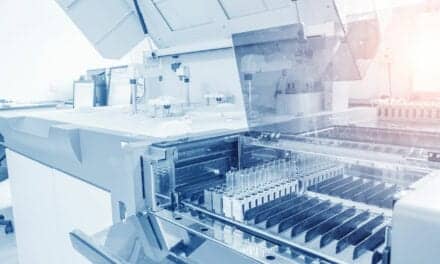Medical diagnostics is undergoing a significant transformation with the introduction of artificial intelligence (AI). The study “Detection of Intestinal Protozoa in Trichrome-Stained Stool Specimens by Use of a Deep Convolutional Neural Network” provides a clear perspective on this shift, focusing on the role of convolutional neural networks (CNN) in parasitology.
Study Overview:
Led by scientists such as Blaine A. Mathison, Marc Roger Couturier & others, the research offers a detailed look into the potential of CNN in detecting intestinal protozoa from stool specimens. This isn’t just about technology; it’s about refining and improving diagnostic methods.
Detailed Methodology:
The team employed a three-color channel CNN, the SSD Inception v2 model, which was further refined using TensorFlow and Keras. The training data consisted of scanned sample images, ensuring a diverse dataset for model training.
Findings:
The results are straightforward: the CNN model demonstrated high accuracy, identifying parasites in specimens that had previously been missed by manual methods. This highlights the potential of AI to improve diagnostic accuracy significantly.
Implications for Lab Professionals:
This research has direct implications for those in the diagnostic field:
- Accuracy: CNN and similar AI tools can provide more accurate results, reducing diagnostic errors, especially in challenging cases with low parasite counts.
- Efficiency: AI can streamline the diagnostic process. This means faster results without sacrificing quality.
- Professional Development: The rise of AI in diagnostics necessitates that lab professionals stay updated with technological advancements. This is about ensuring the best possible outcomes for patients.
- Patient Outcomes: More accurate diagnostics lead to better patient care. It’s as simple as that. With AI-enhanced methods, lab professionals can contribute to improved treatment and patient outcomes.
- Future of Diagnostics: AI’s role in diagnostics is still in its early stages. As technology continues to evolve, lab professionals can expect even more advanced tools that will further refine the diagnostic process.
A New Era in Diagnostics:
The integration of AI into parasitology diagnostics represents a clear shift in the field. Lab professionals stand at a pivotal point, with the opportunity to harness the power of AI to improve both their work and patient outcomes. It’s essential to recognize the potential of this technology and understand its implications fully.
Access the Full Research
For a comprehensive understanding of the transformative role of AI in parasitology diagnostics, download the complete research paper. Dive deep into the methodology, findings, and implications to stay at the forefront of diagnostic advancements.
Sponsored By

Medqor is committed to protecting and respecting your privacy. We may contact you about our products and services or share information with sponsorship partners, as well as other content that may be of interest to you. By submitting your information, you consent to us contacting you for this purpose in accordance with our privacy policy.
For further information, please check out our privacy policy here





